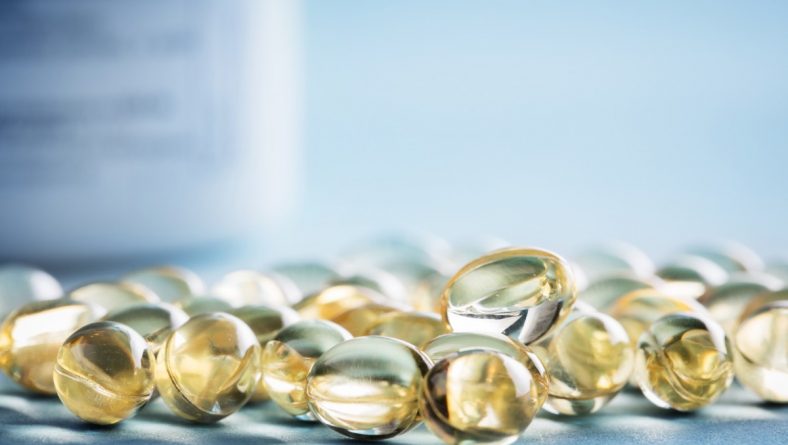Vision Supplements | Finding the Right Balance For Your Eyes
What Micro-Nutrients Make Up Healthy Vision?
Your body needs a variety of many micro-nutrients that are found in our everyday diet. Some of these are particularly important for eye development and health. Here are a few vitamins that play key roles in your vision.
- Vitamin A – A vision critical vitamin that provides rhodopsin, a light absorbing protein.
- Lutein & Zeaxanthin – Two carotenoids that are orange-red in pigment. Found to absorb excess light.
- Omega 3 Fatty Acids – Known to stimulate early vision development and protect from other diseases.
- Selenium – Helps the body absorb Vitamin-E which is critical to good vision.
- Vitamin C – Forms and maintains collagen found in the cornea of our eyes.
- Vitamin D – Regulates calcium and other systems in the body. Significant evidence shows it helps prevent AMD.
- Vitamin E – Protects against metabolic by-products and pollutants like cigarette smoke.
- Zinc – A helper molecule that transports other vitamins. It is also a protective pigment and very present in the eyes.
Where Can I Find These Essential Nutrients?
Most essential nutrients are found as part of your everyday diet and don’t necessarily need vision supplements. It’s just a matter of eating the right foods in the right amount. Do your eyes have all of the essential nutrients to bright and healthy? Here are a few of the best foods you can eat for your eyes:
Kale
This dark green relative of cabbage is one of the single best foods for your eyes. It is a rich source of Lutein, Zeaxanthin, Vitamin A, and many more cornerstone vitamins. Eat this with a little bit of olive oil (fat to absorb the nutrients) and you can practically see your healthy future.
Seeds & Nuts
Hazelnuts, peanuts, sunflower seeds, almonds, they all contain nearly half the amount of vitamin E recommended for adults in 2 ounces. They are also known to help slow AMD and prevent cataracts!
Sweet Potatoes
Actually, most orange colored fruits and vegetables carry carotenoids that make up the oh-so important vitamin C. One sweet potato carries more than half of what you need in a day as well as a little bit of A & C mixed in.
Meat & Poultry
Zinc is found naturally in many different meats including pork, beef, and chicken. Just make sure you go with the lean options. However, oysters have more zinc per serving than any other food.
Fish
Fish are perhaps the best source of Omega 3 fatty acids. Mackerel and Salmon each have over 4000 milligrams per serving. They are also rich in Selenium and, to top it all off, incredibly easy to cook!
Am I A Good Candidate For Vision Supplements?
Visual supplements aren’t for everyone with minor vision issues. Many vision problems can stem from causes that aren’t related to malnutrition. However, if your doctor has diagnosed you with a kind a malnutrition then dietary supplements could be perfect for you. If you already take a multi-vitamin, check the label to see if it supports the nutrient your body needs. Many nutrients can be bought individually so you can fill in what you need.
Remember that your doctor is always your first resource for medical advice. Also remember that vision supplements are never a replacement for medicine or a cure for diseases. While dietary supplements are generally safe and beneficial you should still take precautions. Talk to your doctor about what is best for you and always take their recommended dosage. Accent Eye Care vision supplements contain beta, gamma, and delta tocopherol which can’t be found in any other dietary supplements in Phoenix. Contact us today at 602-547-3255 to learn more!










 powerhousegroup.net
powerhousegroup.net